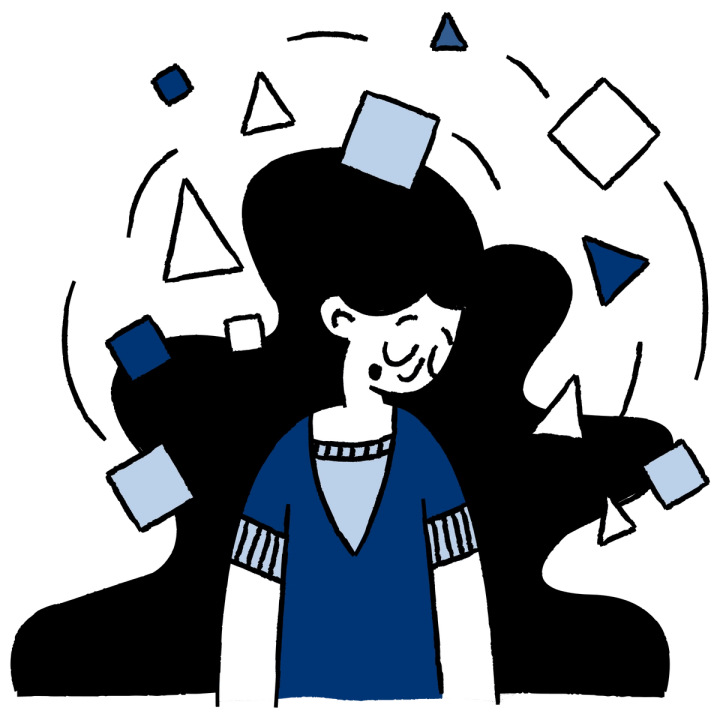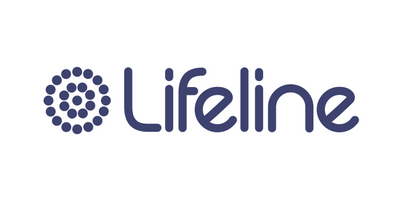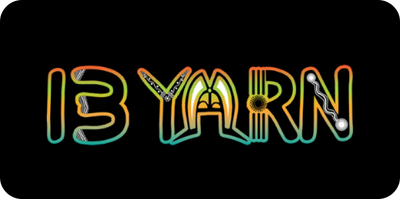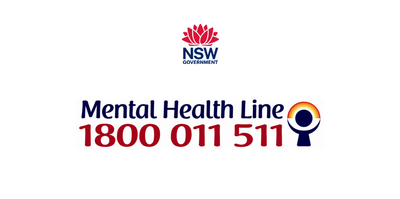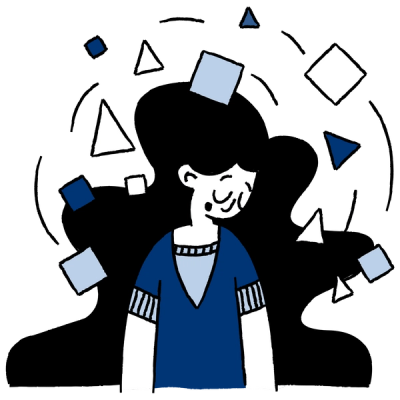If you’re feeling distressed and overwhelmed by the 2024 Bondi Junction attack that took place on the 13th of April, you are not alone.
This traumatic event impacted Australians far and wide, leaving us with a range of different emotions and reactions to process.
In the wake of an attack that happens in such a public space, victims and their family members, bystanders, first responders, emergency services, and those living or working in the vicinity, commonly and understandably experience shock, fear, panic, sadness, anger, and grief.
But for those who were not directly impacted yet are also experiencing responses like these, it can feel unexpected, uncomfortable, and confusing. We want you to know that it is completely normal to have a strong emotional response to an event like this, even if you weren’t there.
Regardless of how you experienced this tragic event, it’s okay to be upset by what’s happened and to reach out to someone for support.
Remember, we at Lifeline are here for everyone 24 hours a day, 7 days a week to ensure that no Australian has to face their darkest moments alone.
How you might be feeling
While an event like this impacts us all differently, there are common feelings that a lot of Australians are experiencing right now.
For example, you might be feeling:
- Flat or sad
- Fearful or afraid
- Worried or anxious
- Angry and irritable
- Isolated and lonely
- Helpless or hopeless.
Sometimes it will make sense why you’re feeling the way you are. Other times, these feelings might catch you off guard.
You may also notice that these feelings come and go, creep up on you unexpectedly, or vary in levels of intensity. This is normal.
- Keep in mind ...
We all have our own life experiences, which means we’re all going to have our own ways of reacting to an event like this.
Even if you weren’t at Bondi Junction or you feel like you weren’t directly impacted, it’s important to remember that these types of traumatic events can still result in significant emotional reactions due to your personal past experiences.
Helping kids cope
We know a lot of Australians are struggling to know the best way to talk to their kids about the Bondi Junction stabbings.
If this is you, here is a helpful guide on how to have conversations with your children about what has occurred.
Understanding your reactions
When we have big emotional reactions or feel overwhelmed following traumatic events, especially if it didn’t directly impact us, it can be common to:
- Not understand why we’re having such a huge emotional response
- Feel undeserving of support and, as a result, sit alone in our distress
- Feel ashamed of reacting in a way that seems out of balance with our experience of the event.
It doesn't matter how close or far you were from Bondi when this attack occurred, Australians are collectively experiencing trauma.
- You might be experiencing:
- Conflicting emotions
- Irritability
- Trouble with concentration
- Intrusive thoughts
- A hard time viewing the world as a place that is ‘safe’ or ‘good’.
Even though these reactions are normal, they can still feel isolating and overwhelming.
Thoughts like ‘But I wasn’t even there!’ can make you feel like you don’t deserve to be feeling the way you do.
Remember, what has occurred is incredibly traumatic and you do deserve to feel upset by what has happened. You also deserve to feel supported.
What you can do right now
It’s important to remember that feeling on edge, short-fused, sad, unable to concentrate, having trouble sleeping, being all-consumed by the news, and/or just generally feeling overwhelmed, are completely normal after such a traumatic event.
When awful things like this happen, it’s important that we’re turning to techniques and strategies that help us pull through and feel better.
Keep in mind:
- You are allowed to feel however you’re feeling
- You’re allowed to care for yourself, even when so many others are in pain
- You’re allowed to not know where to start or what to do to deal with the hard emotions that come in the aftermath of an event like this.
- Ideas for taking care of your wellbeing
- Practice self-care in a way that works for you. To take the pressure off thinking about what to do, you can create a self-care box to use whenever you need it.
- Do a digital detox to limit your time exposed to social media and news reports related to the incident.
- Use this support guide to manage any intrusive thoughts you might be experiencing. You can also try this thought-challenging activity.
- Take time to unpack what you’re feeling and experiencing. It can be helpful to set aside time to ‘feel the feels’. This could be through 10 minutes of silence, a long walk, or journaling your thoughts and feelings.
- Establishing a daily routine can help you feel more stable and in control of your days after an event like this. Try and prioritise good quality sleep, eating nutritious meals, exercising where you can, and practising things like grounding, mindfulness, and meditation.
- Try talking to someone you trust. This could be a conversation with friends, family, colleagues or fellow members of the community. Remember, you’re not alone in how you’re feeling and connecting and talking with others can be really helpful. Lifeline is also a great option if you’re wanting someone to talk to. Click here to learn about what you can expect if you decide to reach out to Lifeline.

What occurred at Bondi Junction is a tragedy that has impacted many Australians in many ways.
No matter who you are, what your experience is, or how this has and/or continues to impact you, remember that every single person deserves support.
Lifeline is here and you don’t have to face this alone.
Editor's note
Shortly after the publication of this support guide, another suburb in Sydney, NSW faced a traumatic attack at a church.
If you're feeling upset and overwhelmed by this event and would like to speak with someone, Lifeline is always here - 24 hours a day, 7 days a week.
You may also find the following support services helpful.
Support services
Along with Lifeline, there are a number of organisations who can offer support. You can contact the NSW Mental Health Line on 1800 011 511 or scroll down to learn more about:

